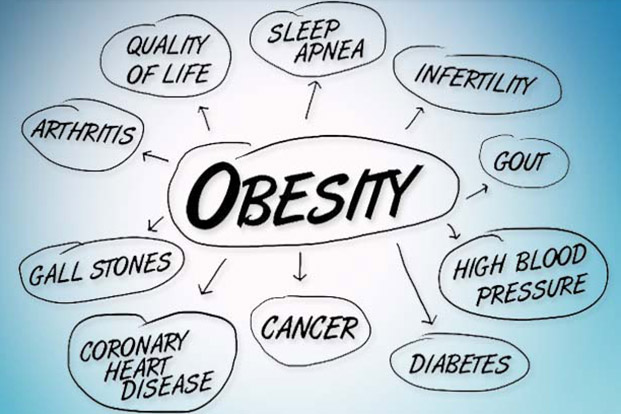Categories
- Bariatric Surgery (11)
- Black Fungus (5)
- Bone Marrow transplant (3)
- Brain Tumor Surgery Navigation Technology (20)
- Cardiac Surgery (66)
- Cardiology (97)
- Computer navigation technology for joint replacements (20)
- Covid Vaccination (17)
- Critical Care (2)
- Dental (19)
- Dermatology (31)
- Dialysis Support Group - “UTSAAH” (11)
- Dietitian (33)
- Emergency Medicine (4)
- Emotional Health (11)
- Endocrinology (33)
- ENT (20)
- Gastroenterology and GI Surgery (53)
- General and Laparoscopic Surgery (21)
- General Surgery (4)
- Gynecology & Obstetrics (183)
- Hematology (20)
- Internal Medicine (294)
- Kidney Transplant (50)
- Kidney Transplantation (20)
- Lung Cancer (8)
- Minimal Invasive Surgery (1)
- Mother & Child (20)
- mucormycosis (5)
- Nephrology (61)
- Neurology (147)
- Neurosurgery (68)
- Nutrition and Dietetics (107)
- Omicron Variant (1)
- Oncology (288)
- Ophthalmology (10)
- Orthopaedics & Joint Replacement (86)
- Paediatrics (59)
- Pediatric Nephrology (3)
- Physiotherapy (5)
- Plastic & Reconstructive Surgery (6)
- Psychiatry and Psychology (90)
- Psychologist (28)
- Pulmonology (72)
- Rheumatology (13)
- Spine Services (21)
- Transradial Angioplasty (16)
- Urology (84)
Query Form
Posted on Apr 19, 2022
What is Metabolic Disorder?
A metabolic disorder or defect in metabolism occurs when the metabolism process in the body gets altered and causes the body to have too much or too little of the essential substances. A metabolic disorder can happen when abnormal chemical reactions in the body alter the normal metabolism. A metabolic process is a chemical process in which your body uses the food we eat to transform into fuel. Metabolism is the complex set of chemical reactions that your body uses to maintain life, including energy production. Special enzymes break down food or certain chemicals so your body can use them as fuel or store them. When these chemical processes don’t work properly due to a hormone or enzyme deficiency, a metabolic disorder occurs.

Symptoms of the metabolic disorder vary with the type of metabolic disorder. There can be various types of metabolic disorder like Acid Base imbalance, Mal-absorption syndrome, inborn errors of metabolism, Glucose metabolism disorder. Metabolic disorders can be present at birth or may be diagnosed later in life. Specific blood and DNA tests can be done to diagnose genetic metabolic disorders.
Metabolic disorders can occur due to – a disease in the liver, pancreas, or any other organs involved in metabolism or if that particular organ stops functioning properly or if any abnormal chemical reactions that alter metabolic processes, due to any nutritional deficiency or deficiency of an enzyme. Some possible symptoms that can occur with metabolic symptoms are lethargy, weight loss.
Common types of metabolic disorder-
- Galactosemia: It is caused due to Impaired breakdown of the sugar galactose which can lead to jaundice, vomiting, and liver enlargement after breast or formula feeding by a newborn.
- Phenylketonuria (PKU): Deficiency of the enzyme PAH results in high levels of phenylalanine in the blood.Mental retardation results if the condition is not recognized early.
- Metal metabolism disorders: It is the disorder of metal metabolism. Levels of trace metals in blood are controlled by special proteins. Inherited metabolic disorders can result in protein malfunction and toxic accumulation of metal in the body:
The metabolic disorder can be treated by changing the diet depending on the type of metabolic disorder. Because there are so many types of metabolic disorders, treatment recommendations may vary — from dietary restrictions to transplants.



